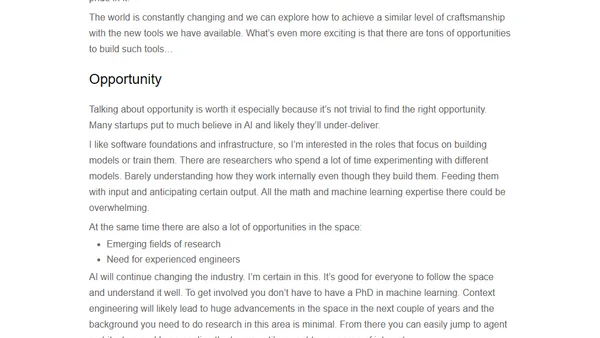
You Should Care About AI
A developer discusses why AI matters, addressing common fears of hype and job loss while highlighting real productivity benefits for software engineers.
Blog.mgechev.com is the personal blog of Minko Gechev, Lead for Web Frameworks at Google and a widely recognized engineer in the JavaScript and Angular ecosystem. Minko writes about Angular, JavaScript, TypeScript, frontend architecture, web performance, and AI assisted development, mixing clear code examples with insights gained from building frameworks at scale. He is the creator of influential open source projects and has been awarded by Google and the President of Bulgaria for the impact of his contributions. His articles often explore advanced topics such as LLM powered development, predictive prefetching, reactive rendering, framework design, and large scale JavaScript tooling. Beyond engineering, he shares lessons from giving over a hundred conference talks and from leading major web initiatives at Google. Minko is also the co founder of Rhyme.com, an EdTech platform offering hands on technical training. He built the platform and engineering team starting in 2015. In 2018 Rhyme became Coursera’s first acquisition, marking a significant milestone in his career.
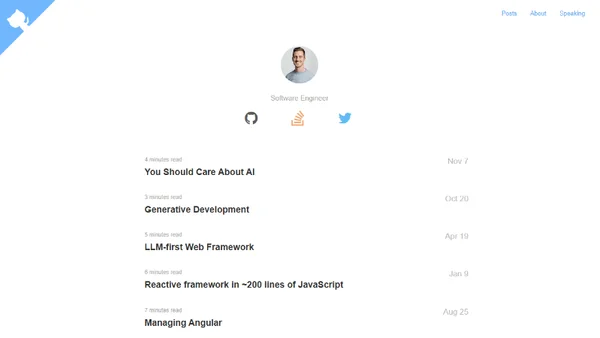
103 articles from this blog

A developer discusses why AI matters, addressing common fears of hype and job loss while highlighting real productivity benefits for software engineers.
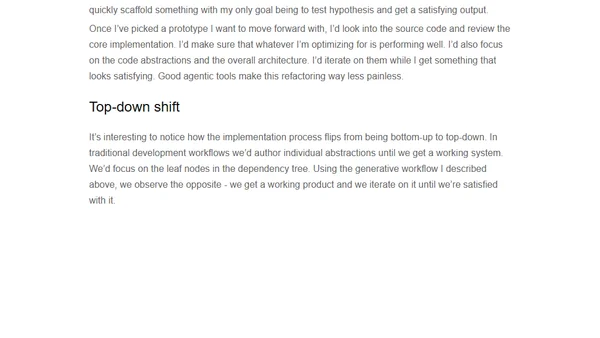
Explores how GenAI and agentic tools are shifting developer workflows towards rapid prototyping and focusing on output over implementation details.
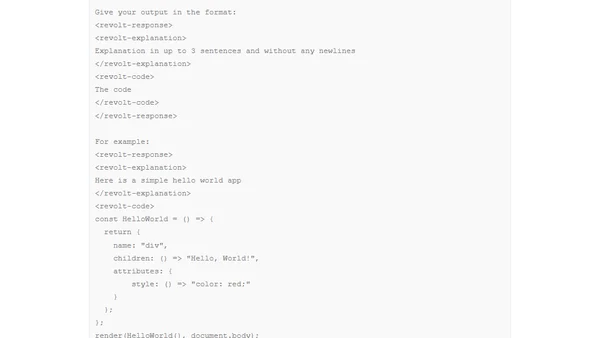
Explores building a web framework designed for AI-generated code, addressing LLM challenges like API mismatches and training data limitations.
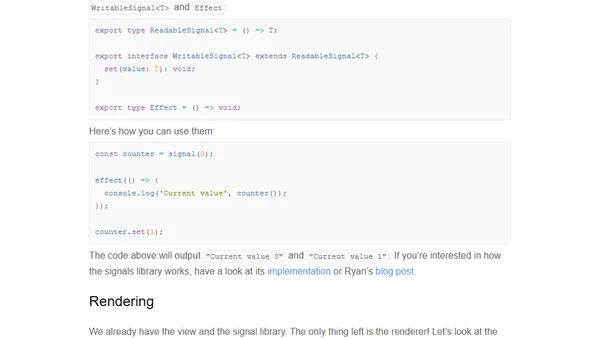
A developer explores fine-grained reactivity with a simple JavaScript framework prototype called 'revolt', built in ~200 lines of code.
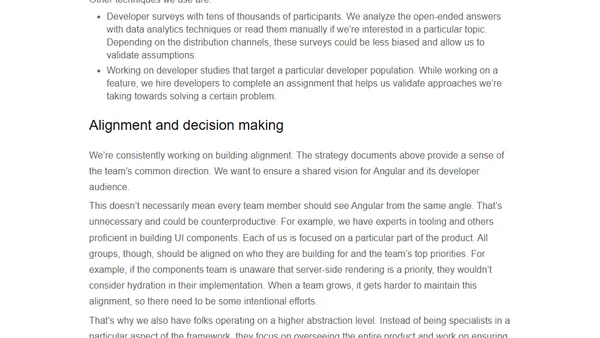
The Angular product lead shares insights on managing the framework's development, focusing on vision, iterative planning, and developer feedback.
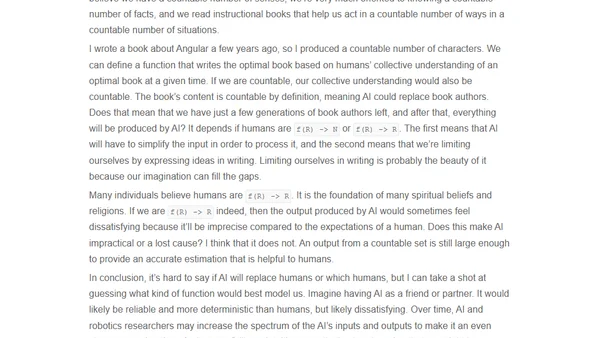
Analyzing if AI can replace humans using computational theory, comparing countable vs. uncountable problems and AI's inherent limitations.
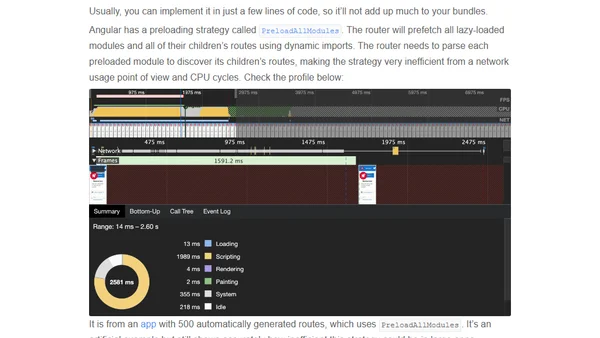
Exploring prefetching heuristics for web performance, covering strategies, trade-offs, and implementation considerations.
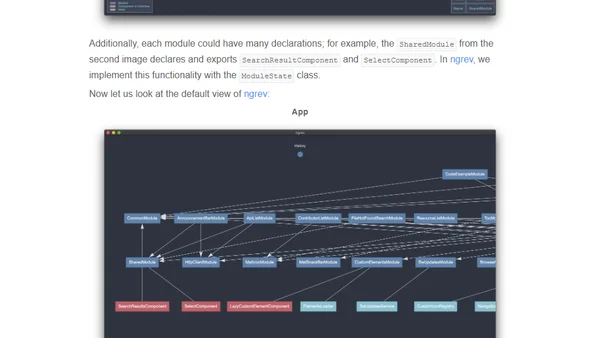
Explains the Composite design pattern using the ngrev Angular visualization tool as a practical example from open-source software.
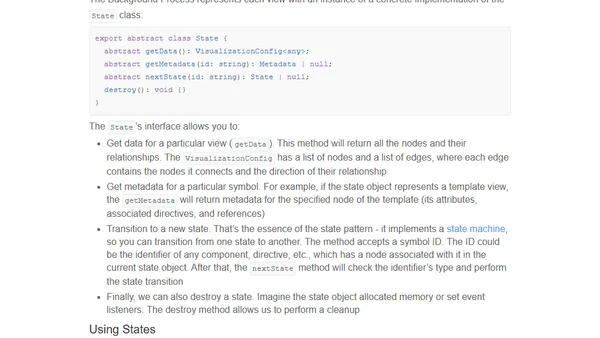
Explores the State design pattern using the real-world example of ngrev, an open-source tool for reverse engineering Angular applications.

A software developer shares insights from giving 125+ tech talks, focusing on planning, topic selection, and setting clear presentation goals.
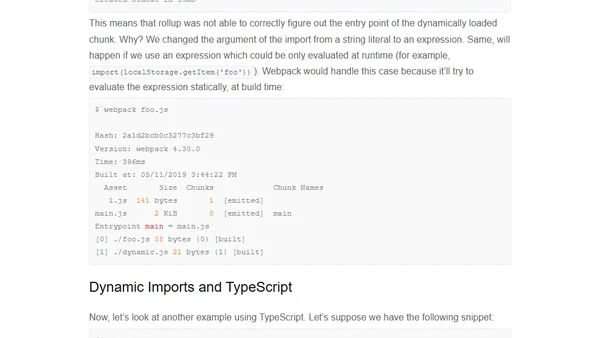
Explores the trade-offs of dynamic imports in Angular, highlighting tooling challenges and benefits of static analysis for build optimization.
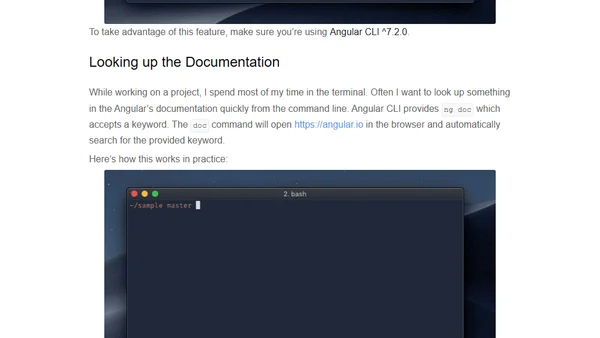
Discover 5 lesser-known Angular CLI features to boost productivity, including conditional polyfill loading and hidden source maps.
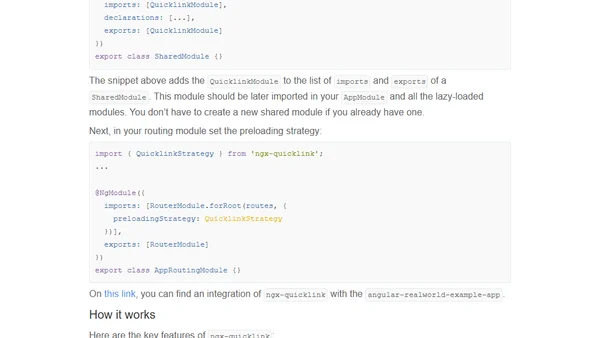
Exploring the quicklink library for intelligent prefetching in Angular applications, comparing it to Guess.js and Gatsby's approaches.
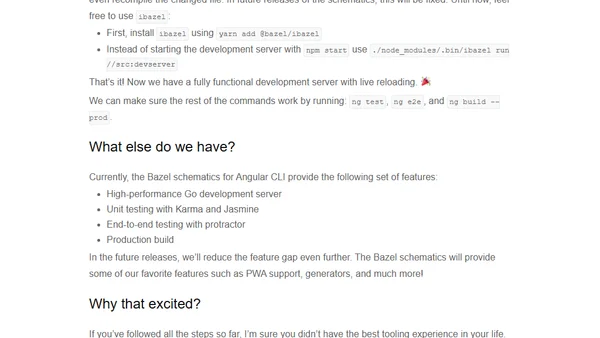
Introducing Bazel schematics for Angular CLI, enabling developers to use Google's Bazel build tool for faster, parallelized builds with cloud caching.
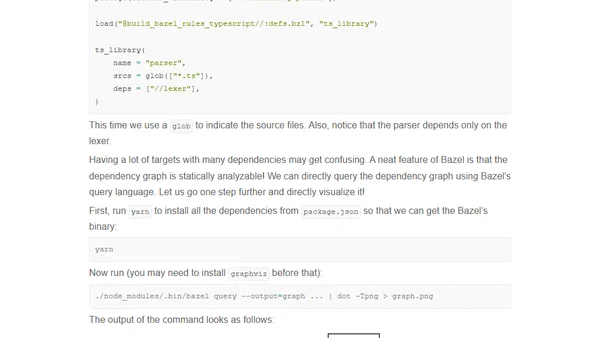
A guide to building TypeScript projects using Bazel, Google's open-source build tool, for efficient dependency management and incremental compilation.

A software engineer reflects on his startup journey and open-source work before joining Google to focus on developer productivity tools.
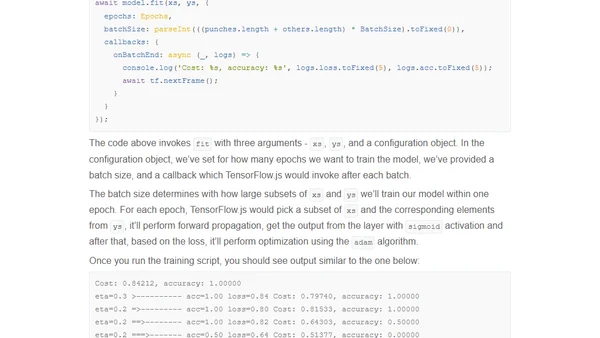
Building a Mortal Kombat controller using TensorFlow.js, CNNs, and transfer learning for posture classification from a webcam feed.
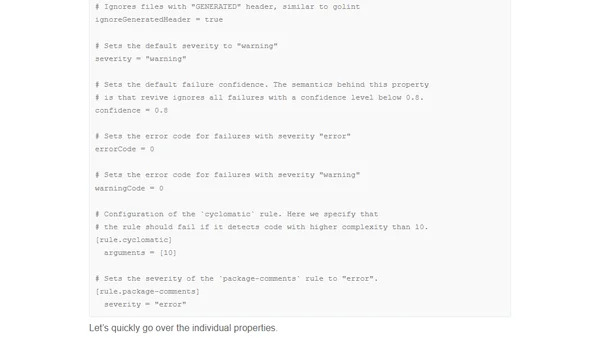
Introducing Revive, a fast and extensible linter for Go that improves upon golint with configuration, custom rules, and better performance.
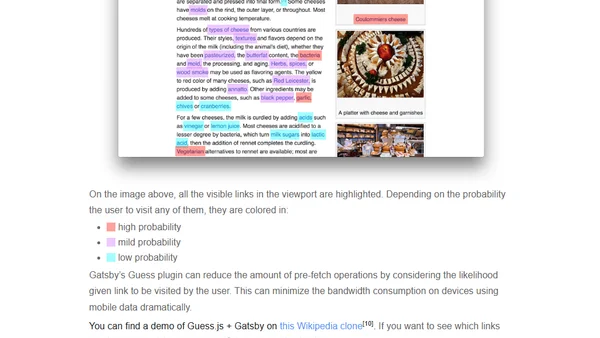
Introducing Guess.js, a toolkit for data-driven user experiences on the web, including predictive pre-fetching and smarter JavaScript bundling.
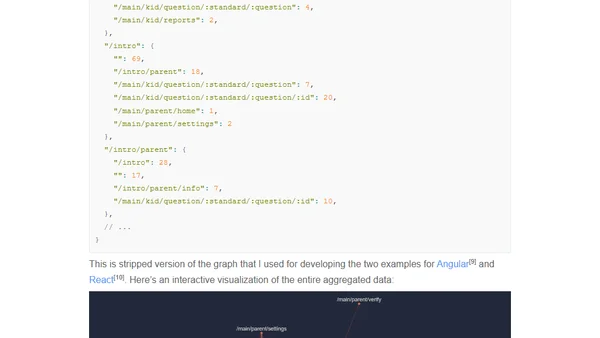
Exploring machine learning-driven bundling with Guess.js to optimize JavaScript chunk loading and improve SPA performance.